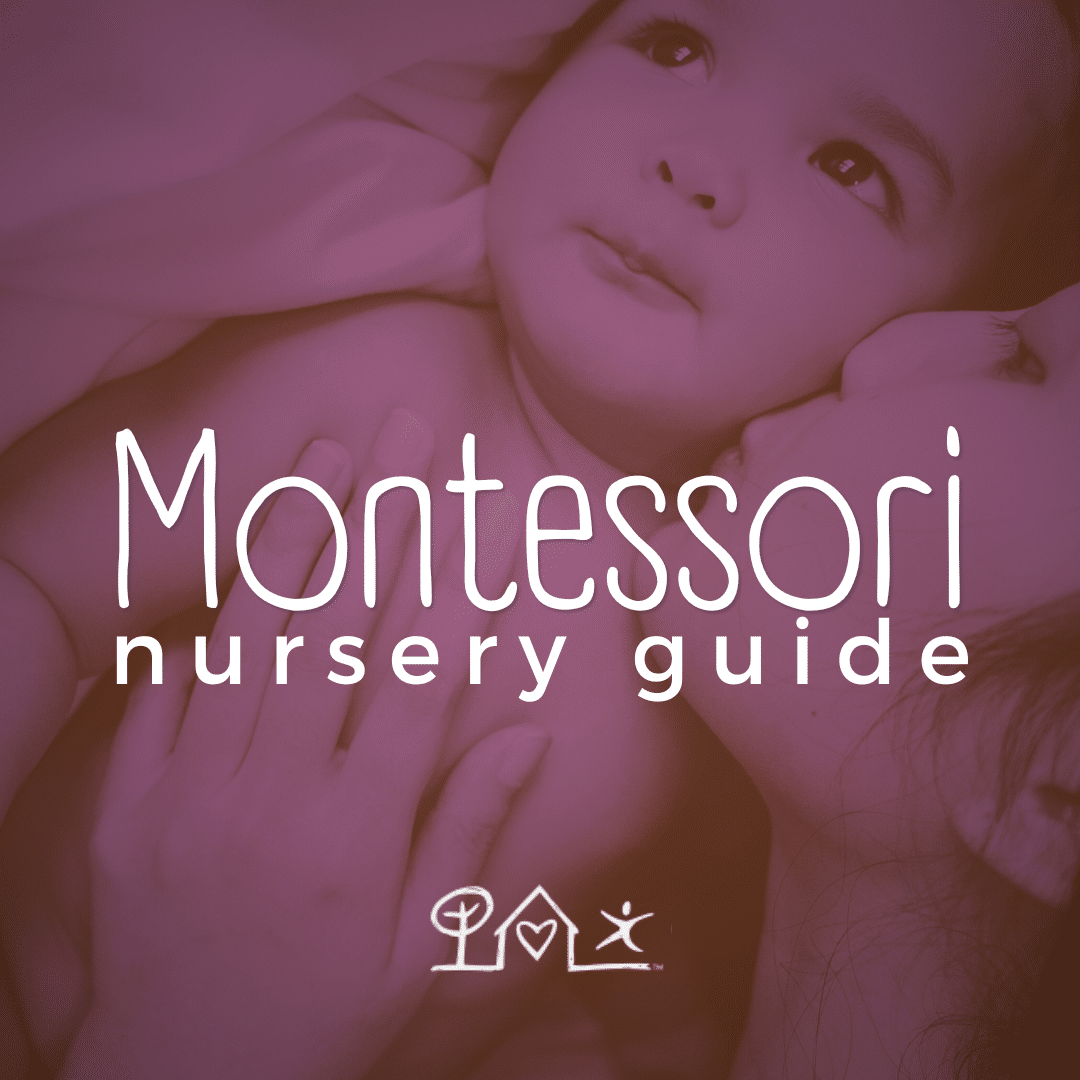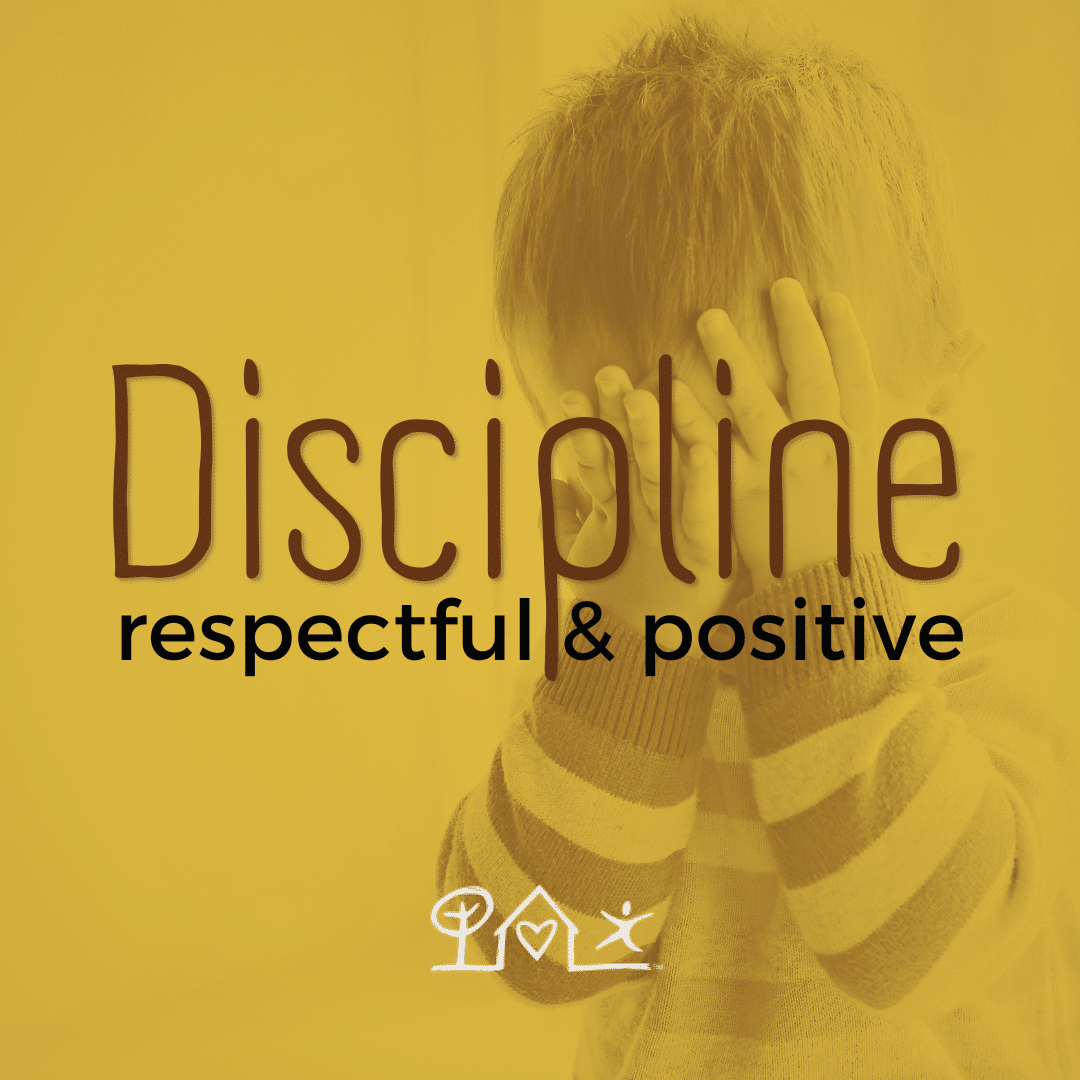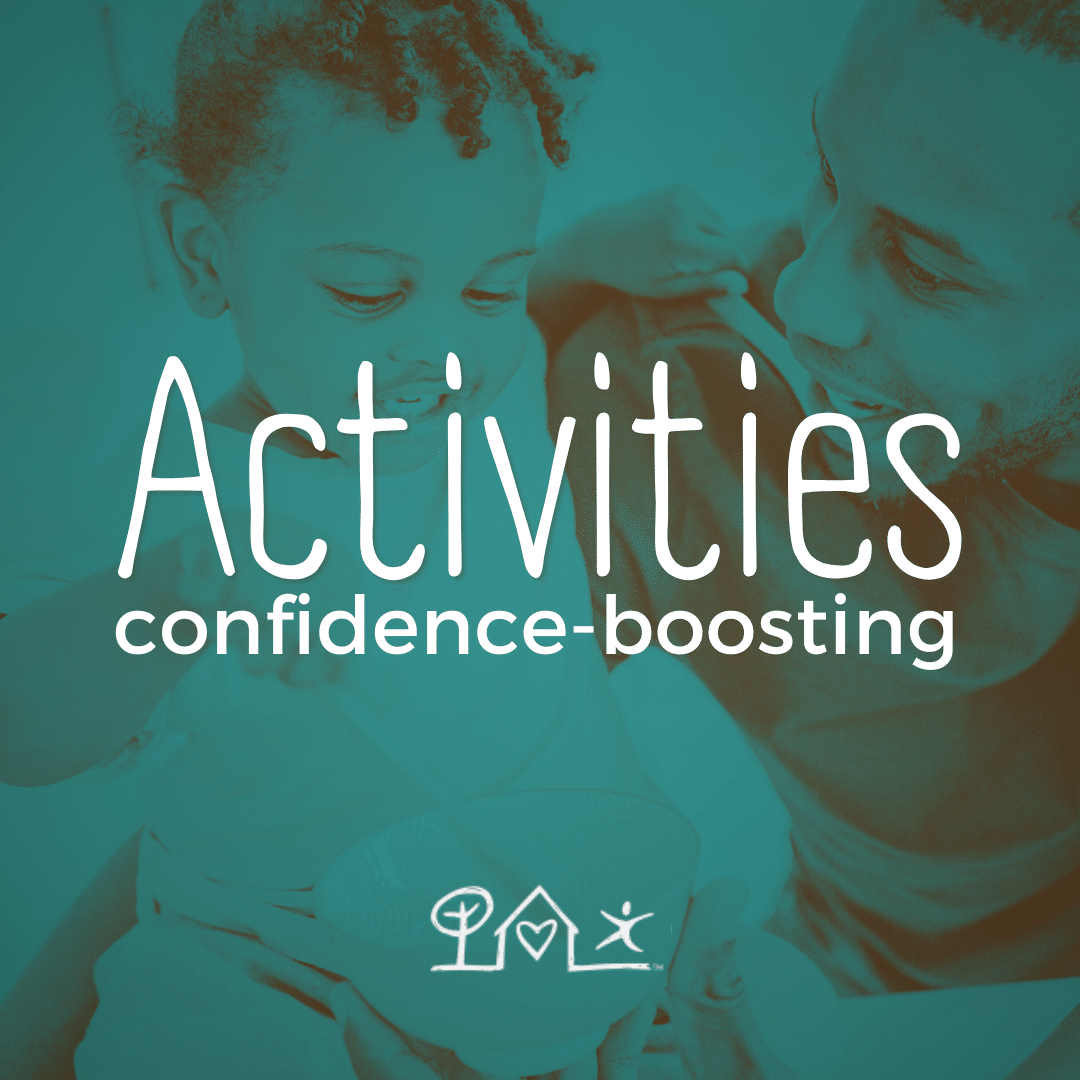Eat, Poop, Sleep – Part III: Toileting Awareness
In part II of this series, we discussed how parents use the Montessori approach to help children develop independent eating habits. Today we’re going to discuss the importance of helping your child develop toileting awareness, and we’ll examine the signs of true “readiness”. Here’s a common scenario and the Montessori alternative…
The scenario: Marcia decided her two-and-a-half year old was ready to be toilet trained because he was letting her know when he had a soiled diaper. Unfortunately, every time she tried to sit the little boy down on the potty he would scream “No!” and run out of the bathroom naked. He also refused to empty his bowels unless he was wearing a diaper and he was scared of the toilet’s flushing noise.
Marcia was confused: everyone had told her that her son would be ready to potty train when he could let her know he had a soiled diaper and could walk to the bathroom on his own. She had bought stickers, a chart, and a cute potty! And yet, not only was her son uninterested, he seemed downright defiant.
Montessori alternative: Toilet training and toileting awareness are two completely different approaches to helping the child learn to use the toilet.
Toilet training, the process that Marcia was struggling with, is the method most commonly used in the United States and typically starts when the child is nearing the age of three. During the toilet training process, parents normally use some sort of incentive (stickers or candy), as well as judgment (praise and shame), to “train” the child to use the toilet. Parents are told to wait until their child is “ready” to be trained, meaning that he should be able to verbally tell adults when he needs to use the bathroom and should be able to walk to the bathroom and pull down his diaper.
Toileting awareness is the approach used in Montessori, whereby children are able to reliably control their bodily functions by 18 months of age or even earlier. Toileting awareness is developmental: it allows the young child to slowly gain awareness and control of his bodily functions at his own pace and offers a non-judgmental view of elimination.
The adult is responsible for setting up a toileting environment and routine that supports the child’s needs, and which steer clear of praise, rewards, shame, or punishment. This is a lot easier than it might sound!
If you give your child the opportunity to spend a few minutes a day on a potty from the time he is able to sit up on his own (sometime around 6-8 months of age) he eventually comes to understand the bathroom’s purpose as the place to eliminate. When you practice toileting awareness with your child, you are simply offering him opportunities to experience how his body functions and how it feels to eliminate away from his own body. Your child decides how long he stays on the potty: he can refuse to sit, or he can stay seated for 20 minutes!
You will know your baby is ready to begin toileting awareness when he can sit up on his own, since this milestone also indicates the ability to control the bladder. Toileting awareness begins with helping your child to sit on the potty once a day (always at the same time of day), and slowly builds up to a routine that supports his daily rhythm.
While the first few pees in the potty will probably be the result of good timing, your child will come to understand the relationship between eliminating in the potty and staying dry and comfortable. From the beginning, your child experiences sitting on the toilet as something normal that everyone in our society does.
To help support your child’s toileting awareness, you might choose to cloth diaper him until his first birthday, and then switch to cotton underwear. Cloth is a great awareness builder: unlike disposable diapers, cloth allows your child to feel wet, and he quickly associates using the potty with staying dry and comfortable. Modern cloth diapers are affordable, easy to wash, and downright adorable!
If you are consistent, around his first birthday your child will typically be using the bathroom like you would, during normal transitions: upon waking, after meals, before and after naps, before leaving home and upon returning, and before retiring for the night. You can also offer the potty during extended outings. This predictability helps your child develop control over his body and removes power struggles.
This type of toileting education is part of a slow developmental process, and is designed to help your child understand how his body functions while maintaining his dignity and self-esteem intact.
For more information and clear guidelines, I suggest you read “Diaper Free Before Three” by Dr. Jill Lekovic.
Pilar Bewley is a Montessori-trained educator and parent. She received birth coaching and guidance for setting up her home environment from Jeanne-Marie, and her entire family has reaped the benefits! Pilar blogs about all things Montessori – including her experiences with early toileting awareness – at The Full Montessori







3 thoughts on “Eat, Poop, Sleep – Part 3: Toileting Awareness by Pilar Bewley”
My daughter who is 3.5 still asks for a diaper to poop in. She refused to use the toilet. I ran out of diapers for a couple days thinking she’d go in the toilet but instead held it and was constipated for four days, ugh. She’s been peeing in the toilet since she was 2.5. we don’t pressure her especially after the holding incident. Any advice is much appreciated.
Jenni, Thank you for your message. This is a hard one since we are concerned with our children’s health and constipation is no fun. I would let her know that when you run out of diapers you will not be buying them anymore, letting her know you trust that she can poop in the toilet and offer to practice. Remember that sleeping, pooping, and eating are the three things we have very little if no control over and it is the child’s way of having control. We can only control the environment, the time, patience and the consistent routine we give these.